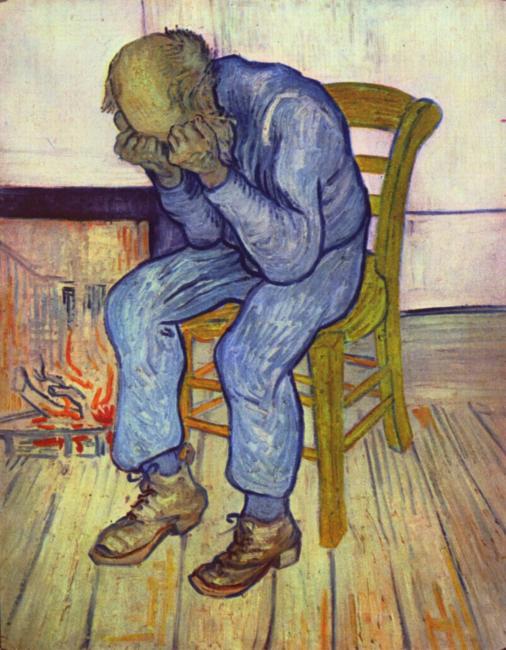It is legitimate for Congress president Rahul Gandhi to slam the Bharatiya Janata Party for its incompetence and worse. Equally legitimate is the aspiration to replace BJP governments at the Centre and in states with those under the grand old party. But the same cannot be said about letting party colleagues sow dissensions between the people of different regions and trigger an exodus.
This is why Congress legislator Alpesh Thakor’s behavior is downright deplorable. He has been accused of inciting the Gujarat Kshatriya Thakor Sena (GKTS), an outfit that he heads, to act against workers from north India. There is a video clip in which he is allegedly doing that. He, however, has denied any involvement in violence, claiming that “it is an old video.”
The violence against north Indian migrants in Gujarat broke out after a 19-year-old Bihari worker was held for allegedly raping a 14-month-old girl on September 28 in Sabarkantha district. While denying his own involvement in the attacks, he did not rule out “some instances” of GKTS members’ culpability.
Come to think of it, Thakor happens to be the Congress’s co-in-charge for Bihar. Is it with such leaders the grand old party wants to revive itself in that politically important state?
Rahul and other Opposition leaders don’t tire of accusing the Bharatiya Janata Party of communalism, polarization, divisive politics, etc., but an important Congress leader that emerges in the recent past is Thakor. He heads a communal organization—a sena to boot; his followers attack poor migrants from northern states.
This is typical son-of-the-soil politics that Thakor is indulging in. One of his demands is reservation of 85 per cent jobs for Gujaratis in the state’s industries. But, unfortunately, Thakor is not the only politician focused on short-term gains. Chief Minister Vijay Rupani too is into son-of-the-soil politics. A few weeks ago, he had said, “Those who set up business in Gujarat, including the service sector, will have to ensure that 80 per cent of the jobs are given to Gujaratis. The state government is in the process of making such a law.”
At the heart of the problem in Gujarat, indeed in the entire country, is the inability of the Narendra Modi regime to generate employment, by ending the phenomenon of jobless growth, its failure to galvanize manufacturing. It is a well-acknowledged fact that unemployment is root cause of many disturbances, especially those oriented around region, caste, community, etc.
Rupani has also proved to be a comprehensive failure: a crime is perpetrated by a deranged man, and this triggers riots, exodus, and paralyzed economy. What on earth was the police, state intelligence, administration, etc., were doing? Mobs roam in the streets of Mehsana, Sabarkantha, Patan, Ahmedabad, Gandhinagar, Aravalli, and Surendranagar, beating up north Indians, most of whom are poor laborers, making it appear that as if every migrant was responsible for the rape. This is medievalism at worst: entire communities made to pay for the wrongdoing of one person. The state government has claimed that 431 people have been arrested and 56 police complaints filed, but these are large numbers. How did it happen in the first place? In the state the Prime Minister belongs to.
Economic activity in Gujarat has suffered heavily, as migrant labor provides the muscle and sinew of business and industry. Many units have reportedly been shut down. Just because mobs were allowed to rampage in the mean streets of state. So much for the Gujarat model.
